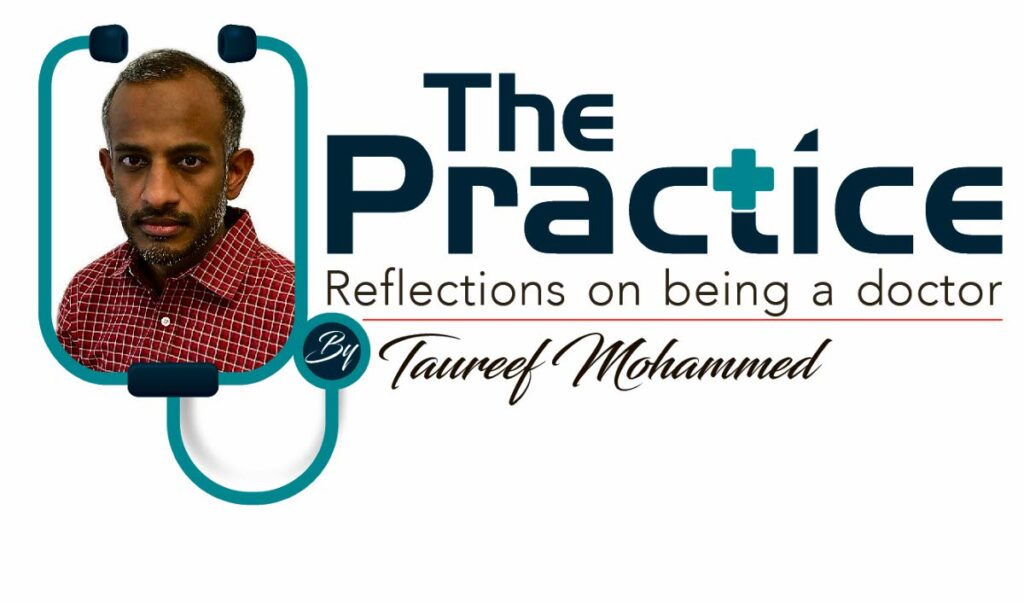During a dinner conversation with friends, the topic of Medical Assistance in Dying (MAID) surfaced, sparking a profound discussion on the ethical, medical, and societal implications of this controversial practice. My friends, echoing the sentiments of advocacy groups like Dying with Dignity Canada, argued that MAID is fundamentally a human rights issue—every individual deserves the freedom to choose a dignified death. However, as a practicing geriatrician, I found their perspectives overly simplistic and detached from the nuanced realities of end-of-life care. Having spent years in palliative care, I’ve witnessed the profound complexities of predicting death and understanding the wishes of those nearing the end of their lives. My friends’ black-and-white view of MAID suggested a lack of firsthand experience with the dying process. When asked if I would ever perform MAID, I responded with a resolute no. The act of intentionally delivering a lethal dose contradicts the very essence of why I entered medicine—to heal and comfort, not to hasten death. One friend argued that individuals with mental health issues should have the right to end their lives with dignity, especially as Canada plans to expand MAID eligibility to include those suffering solely from mental illness by 2027. Yet, I questioned how one could differentiate between suicidal ideation and a genuine desire for a dignified death. Another friend expressed a desire for MAID if they were to develop dementia, but I countered that such decisions are often made without truly understanding the lived experience of dementia. What troubled me most was their ideological framing of MAID as a human rights issue, devoid of the medical uncertainties inherent in such decisions. Medicine thrives on uncertainty, and reducing MAID to a slogan undermines its complexity. Furthermore, the term ‘medical assistance in dying’ is misleading. MAID is not about assisting the dying process but about facilitating death—a distinction that carries significant ethical weight. Palliative care, which focuses on comfort and natural death, is fundamentally different from MAID, which actively hastens death. The lack of robust social supports and palliative care access in Canada raises questions about whether legalized MAID is a medical solution or a Darwinian ideology in disguise. As a physician, I believe our focus should be on improving palliative care and supporting vulnerable individuals rather than prematurely embracing assisted death.
